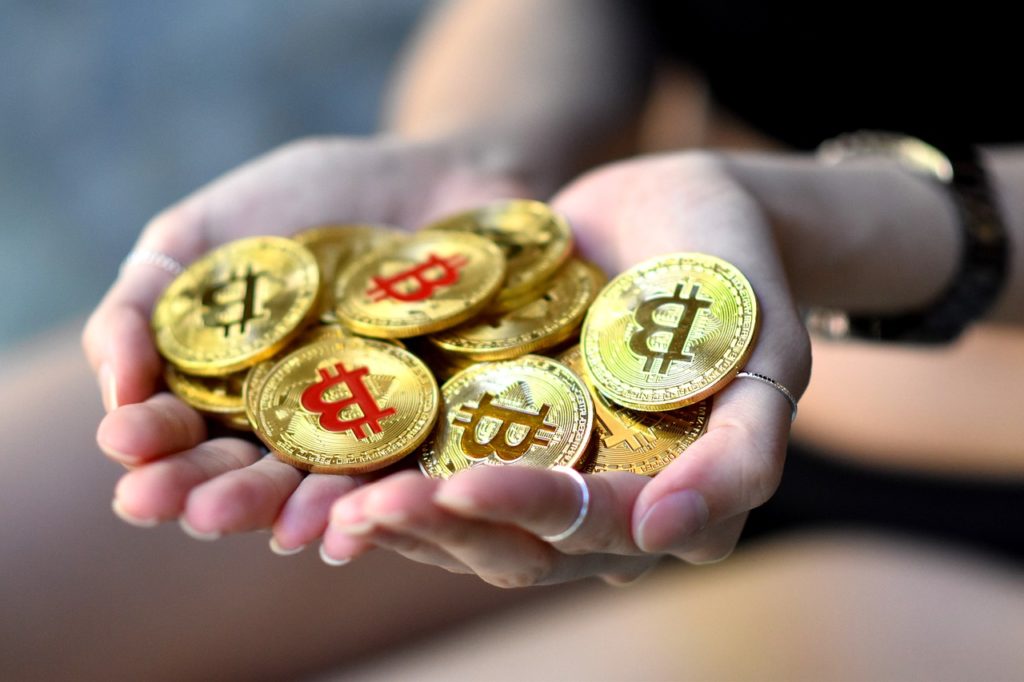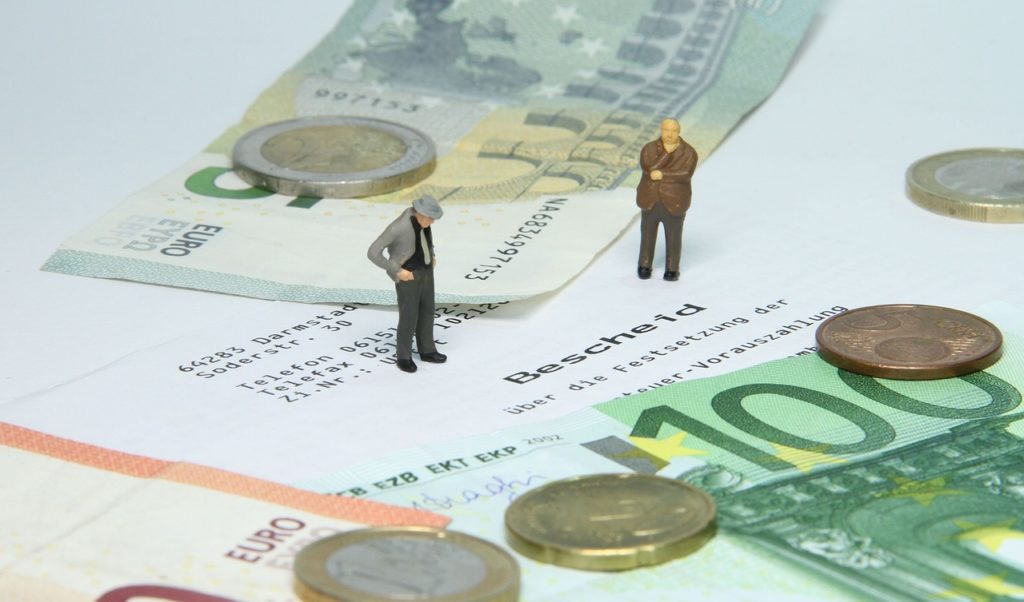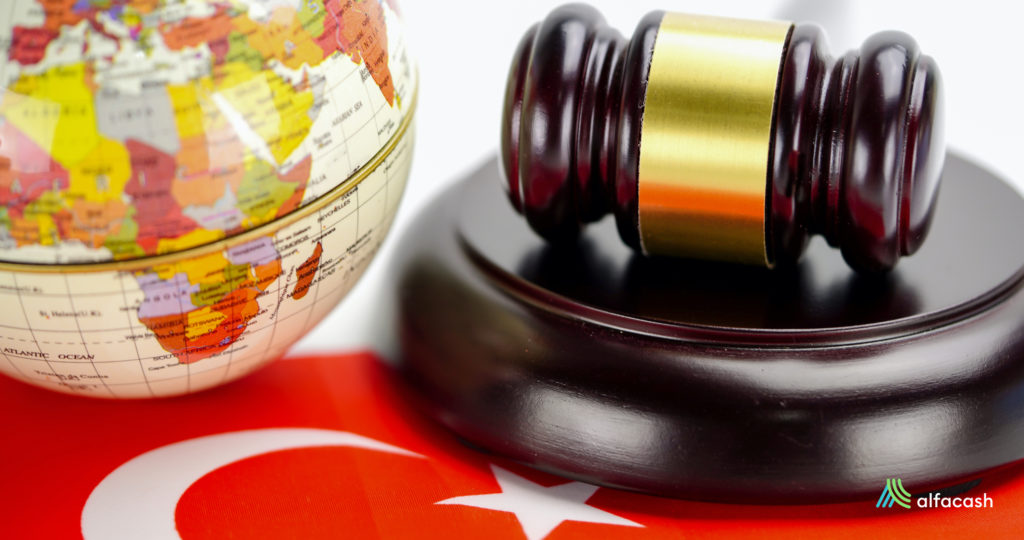BitcoinBitcoin is the first decentralized digital currency. It was created in 2009, by an anonymous founder or group of founders... More (BTCAn abbreviation for Bitcoin.) and cryptocurrencies don’t have any specific regulations in numerous countries. They’re not banned either, so, we could say that they’re mostly in legal limbo. That’s quickly changing this year, though. Many countries are paying more legal attention to these assets. Crypto-regulations worldwide are imminent, and Turkey isn’t the exception anymore.
Before 2021, there were no specific crypto-regulations in Turkey. Despite that, according to a poll by Statista, Turkey had the world’s 4th highest cryptocurrencyA digital currency running on a blockchain and built with cryptography. Contrary to central-bank issued currency, cryptocurrency issuance rules are... More use rate in 2020. Probably, because its citizens wanted to save their money from the plummeting national currency and alarming inflation.
To sum it up: they still can do this. It’s perfectly safe to invest in cryptocurrencies inside this country. However, the government banned the payments for goods and services by using these assets, since April 30, 2021. Strict Anti-Money Laundering (AML) measures started to apply to crypto-business as well, and more regulations are pending.
Changes for crypto-users
Of course, the most notorious change for individual crypto-users in Turkey is the crypto-payments ban. According to Daily Sabah, around 60 companies accepted Bitcoin and other cryptos as a payment method in the country, only in 2019. Among them was Antalya Homes, a real estate with the highest sale of this type ever made in the country, back in 2020 ($1.25 million in BTC). They also sold several properties per year with cryptos.

Sadly, that’s over for now. The new “Regulation on the Disuse of Crypto Assets in Payments” describes the following:
“In the implementation of this Regulation, crypto asset refers to intangible assets that are created virtually using distributedA distributed system is made of components that are running on different networked computers, which communicate and coordinate their actions... More ledgerA ledger is like a spreadsheet keeping track of which addresses own how many bitcoins. The Bitcoin blockchain is a... More technology or a similar technology (…) shall not be used directly or indirectly in payments (and) No services shall be provided that involve the use of crypto assets directly or indirectly in payments.”
But this isn’t all for crypto-regulations in Turkey. The new strict AML obligations for crypto-companies also affect the users. Now, if they want to use a crypto-exchange or crypto-custody service, for example, they’ll need to provide very specific data about themselves.
It could include names, place and date of birth, nationality, identity documents, profession, contact means, signatures, and even their parent’s names. The more amount to handle in cryptos, the more requisites.
Changes for crypto-businesses
The Turkish government decided to include crypto-businesses inside their existent financial laws. So, these companies must comply now with the amended Regulation on Measures Regarding Prevention of Laundering Proceeds of Crime and Financing of Terrorism. This includes all the traditional measures against money laundering (AML) and terrorism financing (CFT).

Besides, within the law against crypto-payments, the exchange of cryptocurrencies through payment/e-money services on crypto platforms is now illegal. Only cash and bank transfers can be accepted in the trading. The crypto-businesses can’t partner anymore with these financial services online.
About the AML/CFT measures, we already mentioned the identification process for users, which every crypto-business must comply with. Additionally, they must report suspicious transactions to the Turkish Financial Crimes Investigation Board (MASAK), no matter the amount. But they should pay special attention to transactions of over 75,000 Turkish Lira (around $8,500) and report them as well.
The MASAK is also authorized to audit crypto-businesses and ask for data such as documents and records. For this purpose, the crypto-business should keep customers’ and AML-related information for at least eight years. The financial sanctions for failing in any of these rules range between $3,500 and $466,000.
Future for crypto-regulations in Turkey
Topics like cryptocurrency mining, Initial Coin Offerings (ICOs), and crypto-related taxes aren’t mentioned in the current laws. Nevertheless, this doesn’t mean the government can’t include them in the foreseeable future. Indeed, according to some reports, the government is planning to present new crypto-regulations in Turkey by October 2021.

Among the considered measures is the creation of a central custodian bank to eliminate the counterparty risk. Crypto-business would have minimum capital requirements, and they’d be supervised by the Capital Markets Board. Taxes on cryptocurrency holdings are also on the table. And the amount for reported transactions could decrease to barely 10,000 Turkish Lira (around $1,200).
Beyond this, we can only guess. Considering that Turkey is a candidate country for the European Union membership, we could see the Regulation on Markets in Crypto Assets (MiCA) also in this territory at some point. This law will apply to all the European Union state members from 2022 or 2023.
About crypto-regulations in EU
They didn’t finish the proposal yet, but we can number some requisites that already have a decent amount of certainty. The companies should have HQs in the European Union, for starting. They’ll also need a minimum capital amount (usually over $350,000 or 2% of the average amount of reserve assets), a fully secure digital platform, a competent team, and if they’re token issuers, a very detailed whitepaper.

Services like custody or exchanges should comply with AML and CFT measures, and always provide transparent and truthful information to their clients. All of the crypto-companies need a license to operate inside (or to the citizens of) the European Union. It’s not a big difference with the current crypto-regulations in Turkey, though.
For now, it’s important to comply with the current rules and check for further news about them.
Wanna trade Bitcoin and other tokens? You can do it safely on Alfacash! And don’t forget we’re talking about this and a lot of other things on our social media.
Twitter * Telegram * Facebook * Instagram * Youtube * Vkontakte








